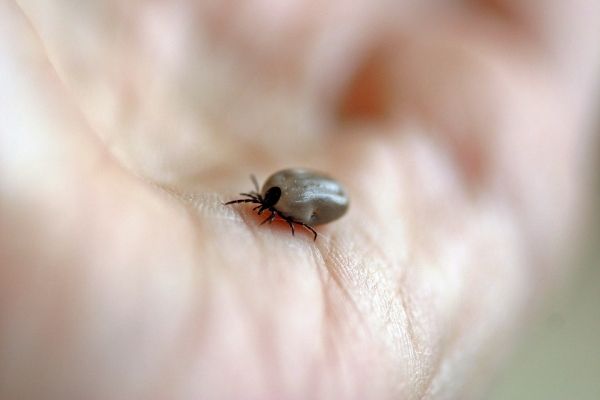There is no effective vaccine available to prevent Lyme disease in humans, but researchers are one step closer to developing new vaccines and a hybrid approach that can deliver a one-two punch to the microbe that causes the disease and its tick carrier.
Steven Schutzer, a physician-scientist at Rutgers New Jersey Medical School, along with experts from academia, government and industry recently convened at Cold Spring Harbor Laboratory’s Banbury Center to identify the most promising new strategies to counteract infection. Their findings were published in Clinical Infectious Diseases.
“Countermeasures, such as vaccines, are needed to stem the growing number of cases each year,” said Schutzer, the senior author. “This is extremely important because a person can get Lyme disease more than once.”
Lyme disease is caused by Borrelia burgdorferi, a bacterium transmitted through the bite of an infected tick. The only preventative measure currently available is “guidance” for avoiding tick bites, Schutzer said. “The ineffectiveness of this strategy is suggested by the estimated 300,000 diagnosed cases of Lyme disease that occur annually in the United States, along with more than 100,000 in Europe.”
Read more at Rutgers University
Image: Catkin via Pixabay


